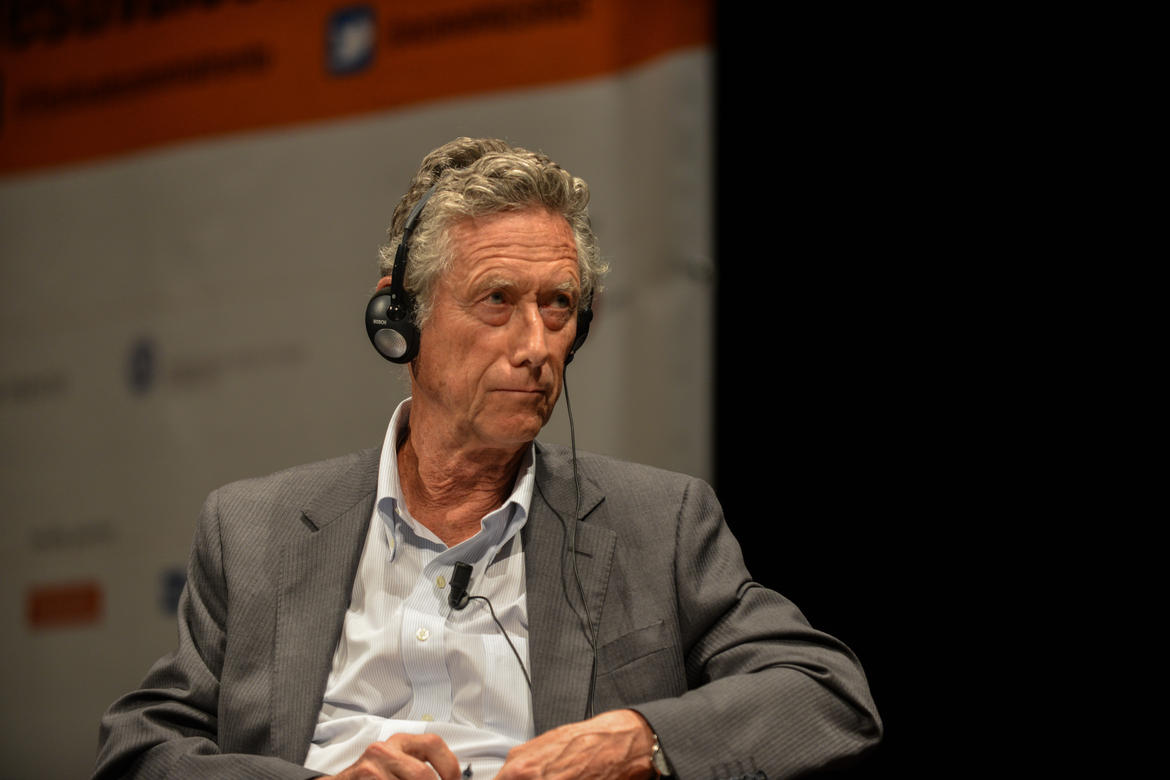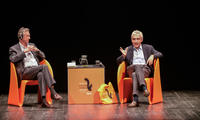
For the past four days speakers have been addressing the intersection of health and economics, with the focus on “Unequal Health.” However, as Olivier Blanchard admitted to the crowd in Trento this evening, he is not an expert or even really has much experience with the field of health. So Blanchard turned the topic on its head, and discussed the health of the economy. He wanted to focus his discussion on the health of the economy on two parts, crisis and inequality, joining them together with the system that both creates them and is threaten by them – modern, contemporary capitalism.
The effects of the economic crisis of nearly a decade ago are still being felt in Europe, particularly in states like Italy. Blanchard argues that optimism is at the crux of the crisis. Optimism, he argues, is part of human nature, as good things happen, we expect them to continue to happen. However, debt is what separates a crisis and simply a burst bubble. He claims that is debt that makes optimism deadly, without debt, if the bubble bursts, as it is apt to do given an historical examination, optimism simply deflates. For instance there was a high tech bubble in the early 2000s, however, because of small amount of debt involved in this bubble, it wasn’t a crisis.
Economists, like many others, were overly optimistic before the economic crisis. Since the 1980s, inflation had fluctuated, but economists were optimistic that there wouldn’t be adverse affects and that things would remain more or less the same. However, signs in the financial sector may have indicated that the economies of many states would take a turn for the worse. There was a large build-up of private debt, leading the government to attempt to support and cover it by running a deficit, creating public debt. This debt was the factor that tipped the scales to crisis as soon as the bubble burst.
Inequality was the second discussion point of Blanchard’s presentation, stating that while global inequality as measured by the Gini Coefficient, is decreasing because of the growth wealth of China, India, and other developing states, this is not an argument that has much political traction. Most voters care more about domestic issues than global ones and do not care much about the growing wealth of China decreasing the overall level of global inequality. This is particularly true in many countries that see income inequality in their own country increasing. This increasing gap between the rich and poor, Blanchard chalks up to social norms. CEOs earn five times as much per year compared to European CEOs in firms of a comparable size; the difference is that European social norms would not allow for a CEO to earn that much annually.
Despite his opening lines about the possible deadliness of optimism, Blanchard does seem to remain hopeful. He says that inequality, particularly income inequality, could be addressed in the US through taxes on the top 1%, saying that it is unlikely that their behaviour would change if their pay was cut in half, and adjusting social norms. He concludes that the problem is really politics and not capitalism and that we can overcome the issues of inequality and crisis.
Watch an interview with Blanchard discussing two diseases of the market: https://youtu.be/M_0XAd9JEnc
Web: http://2017.festivaleconomia.eu
Twitter: @economicsfest
Facebook: https://www.facebook.com/festivaleconomiatrento












